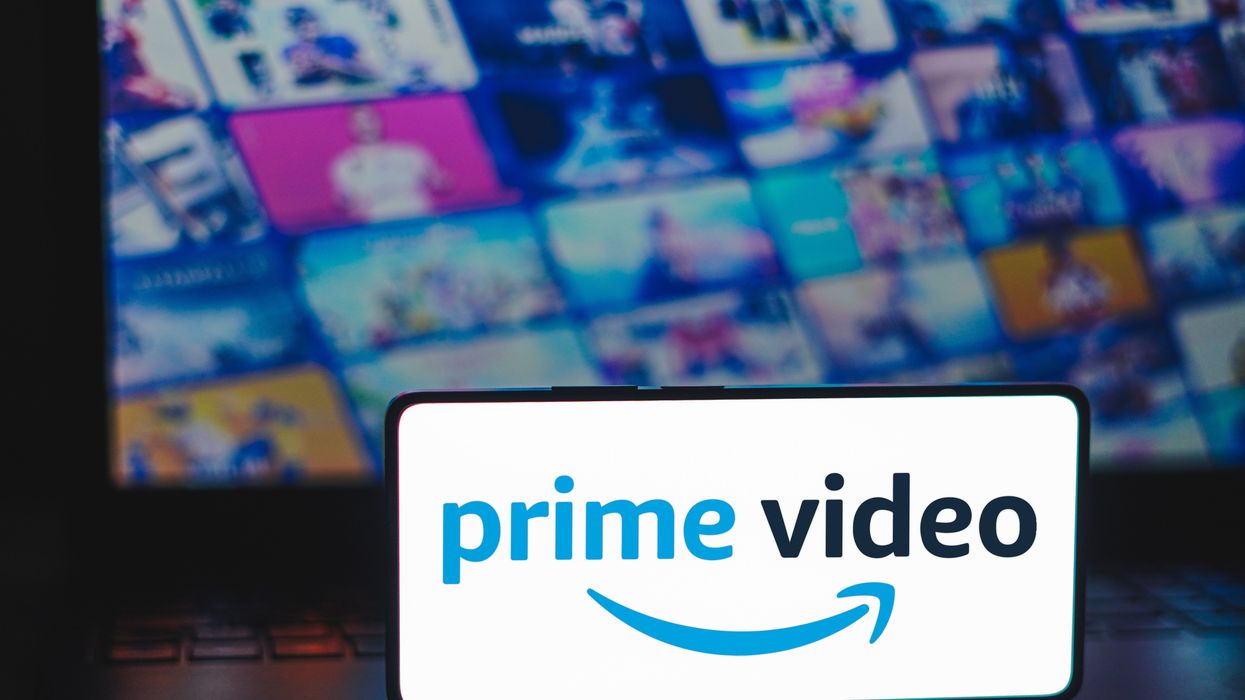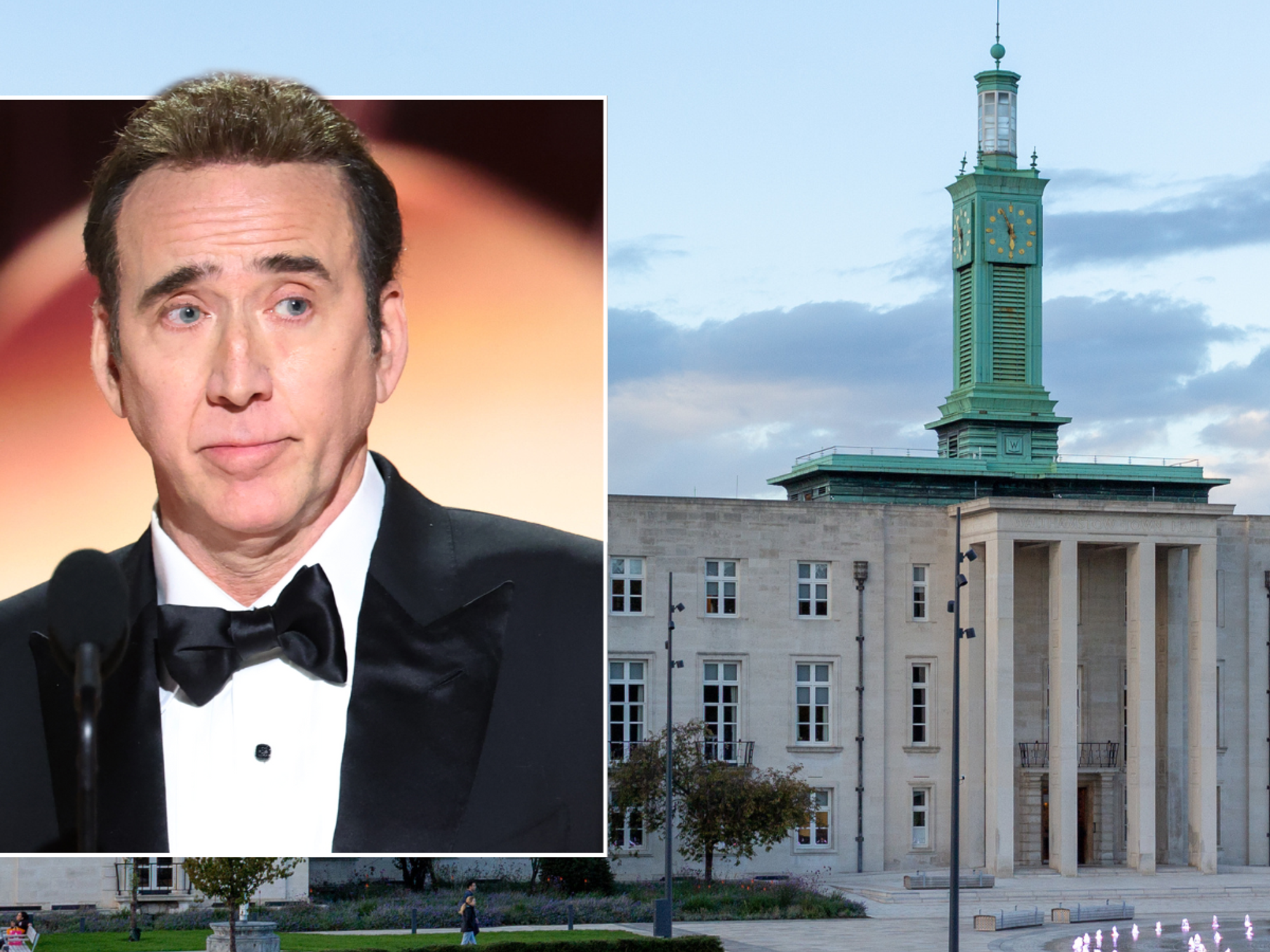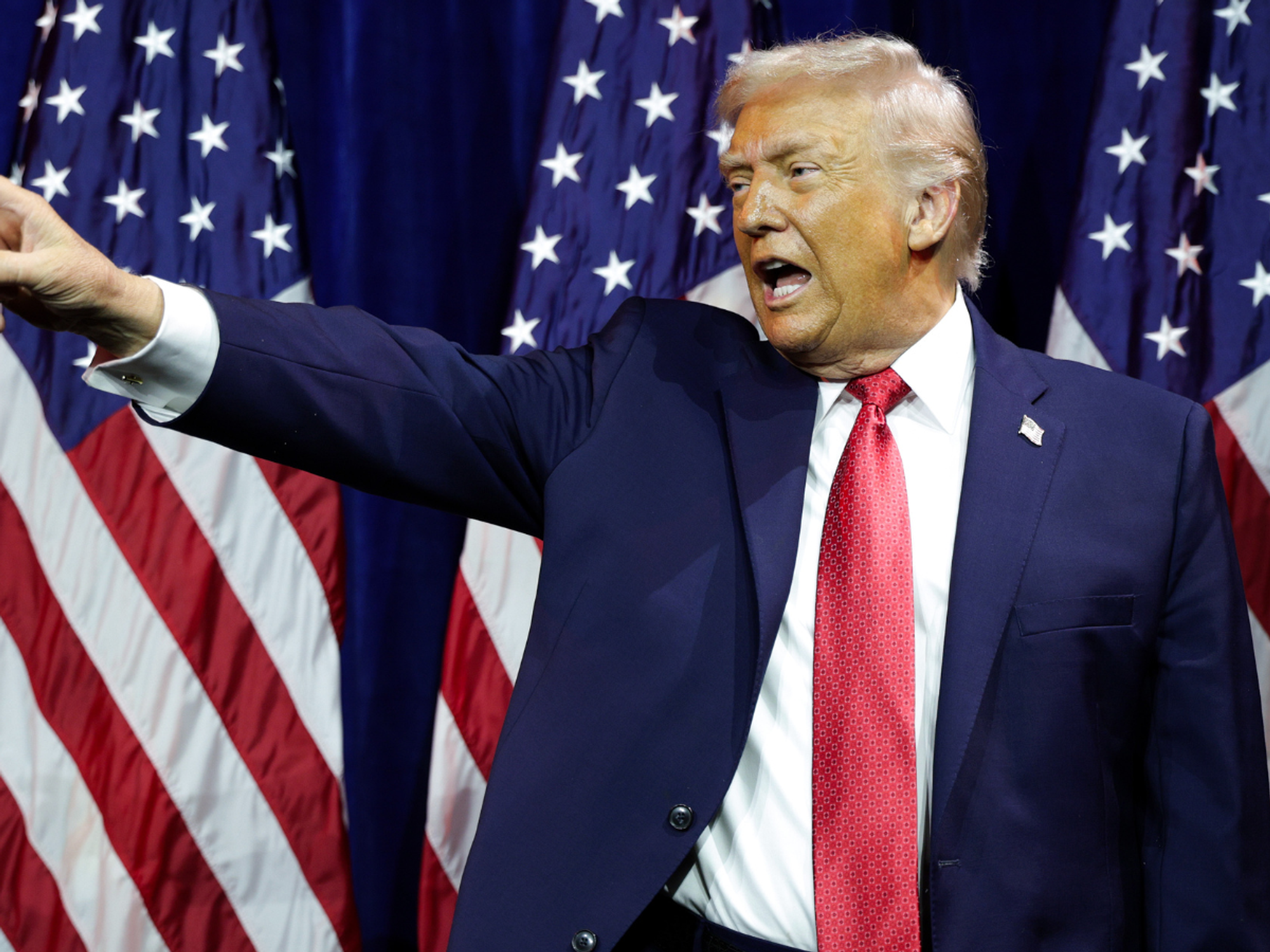Amazon sued over decision to include adverts in Prime Video — ‘false and misleading’

All products are independently selected by our experts. To help us provide free impartial advice, we will earn an affiliate commission if you buy something. Click here to learn more
|GETTY IMAGES

Ads first appeared in Prime Video in the United States in January, before rolling out to UK subscribers earlier this month
- Prime Video now includes ad breaks unless you pay an extra £2.99 each month
- Dolby Atmos and Dolby Vision were also ditched in the shake-up
- Californian man Wilbert Napoleon is suing Amazon over arrival of adverts
- Napoleon says his annual plan promised 12 months of ad-free streaming
Don't Miss
Most Read
Latest
Amazon introduced adverts to its Prime Video service earlier this month, and people were not happy about it. Unlike ad-supported subscriptions on Disney+ and Netflix, Amazon decided not to lower the monthly cost with the arrival of adverts.
Instead, Prime Video viewers will continue to pay the same fee as last month ...but their favourite TV shows, documentaries, and films won’t begin until a short ad break has finished playing.
Prime Video will also interrupt your content to play adverts too, although Amazon has promised you’ll see “meaningfully fewer ads than ad-supported TV channels and other streaming TV providers."
That wasn't enough to stop one Californian man from launching a lawsuit against the Seattle-based retailer over the change to its streaming service.
Wilbert Napoleon has accused Amazon of false advertising.
Court filings show that Napoleon purchased an annual subscription back in June 2023, months before Amazon’s announcement in September 2023 that ads would be coming to its streamer in the new year.

Jeremy Clarkson and Lisa Hogan star in docu-series Clarkson's Farm, which is exclusive to Prime Video worldwide
|PA
Advertising landed on Prime Video in the United States in January 2024, one month before the same change rolled out in the UK. That wasn’t the only adjustment, with support for flagship sound and picture standards Dolby Atmos and Dolby Vision also ditched unless you pay the extra monthly fee.
When purchasing his annual plan, Wilbert Napoleon says he was promised ad-free streaming on Prime Video for the duration of the subscription. The lawsuit argues: “Reasonable consumers expect that, if you purchase a subscription with ad-free streaming of movies and TV shows, that the ad-free streaming for movies and TV shows is available for the duration of the purchased subscription.”
A report published by The Wall Street Journal in June 2023 suggests Amazon was actively considering the introduction of adverts to its streamer. The article attributes the information to "people familiar with the situation". Despite the discussions behind-the-scenes, annual plans for Amazon Prime were still on sale with a tagline promising "ad-free streaming".
It was around this time that Wilbert Napoleon purchased an annual subscription.
Napoleon still has five months until his annual plan is up for renewal. To return to an ad-free viewing experience during the remainder of this contract, he’ll need to pay an extra $2.99 or £2.99 per month to remove the ad breaks.
The lawsuit blasts Amazon marketing materials that claim its annual plan will offer ad-free access to TV shows and movies “false and misleading”.
LATEST DEVELOPMENTS
- Virgin Media takes fight to BT by opening its fibre broadband network to rivals
- Windows 10 users facing new charges from Microsoft get lifeline from Google
- This website wipes all trace of your personal data from the internet
- End of the satellite dish? Sky Q slowly phased out as Sky prioritises streaming
The documents, filed in Washington State on February 9, state: “Instead of receiving a subscription that included ad-free streaming of TV shows and movies, they received something worth less. They cannot enjoy ad-free streaming unless they pay an extra $2.99/month.”
Wilbert Napoleon hopes that others will join his case so that it scales to become a class-action lawsuit. The plaintiff has demanded “the right to a jury trial on all claims so triable”.
Asked about the brewing legal case by USA Today, a spokesperson for Amazon said they were “unable to comment on pending litigation.”
However, within Prime Video’s terms of use, Amazon says that it withholds the right to adjust the price of its subscription, as well as the library of titles bundled in the streamers’ digital catalogue and other small-print.
It states: “Offers and pricing for subscriptions (also referred to at times as memberships), the subscription services, the extent of available Subscription Digital Content, and the specific titles available through subscription services, may change over time and by location without notice (except as may be required by applicable law).”
Prime Video is available as a standalone subscription for £5.99 per month, but it’s also bundled as a perk with Amazon Prime membership, which costs £8.99 per month or £95 per year.
As well as watching exclusive TV shows and films on Prime Video, Amazon Prime members enjoy unlimited next-day delivery across thousands of items, exclusive access to Lightning Deals and sales events like Prime Day, music streaming on Amazon Echo and other devices, unlimited cloud back-up for photos, and a rotating selection of Kindle ebooks and magazines to read at no extra cost.
Amazon says the introduction of adverts will enable it to “continue investing in compelling content and keep increasing that investment over a long period of time.”










